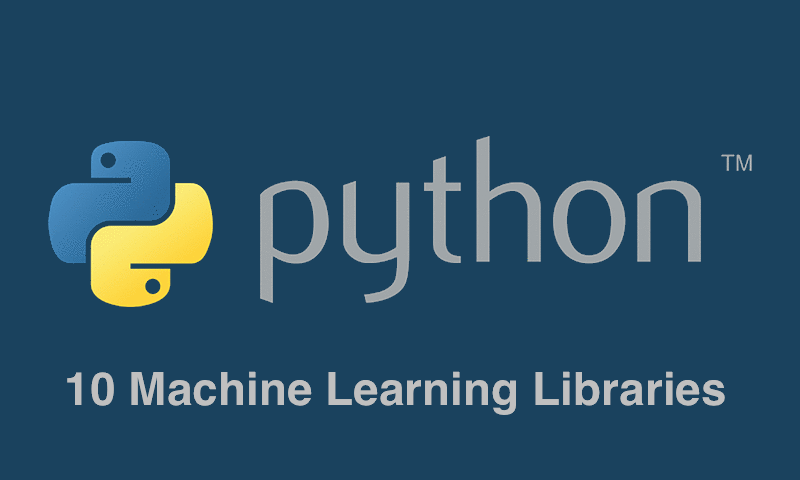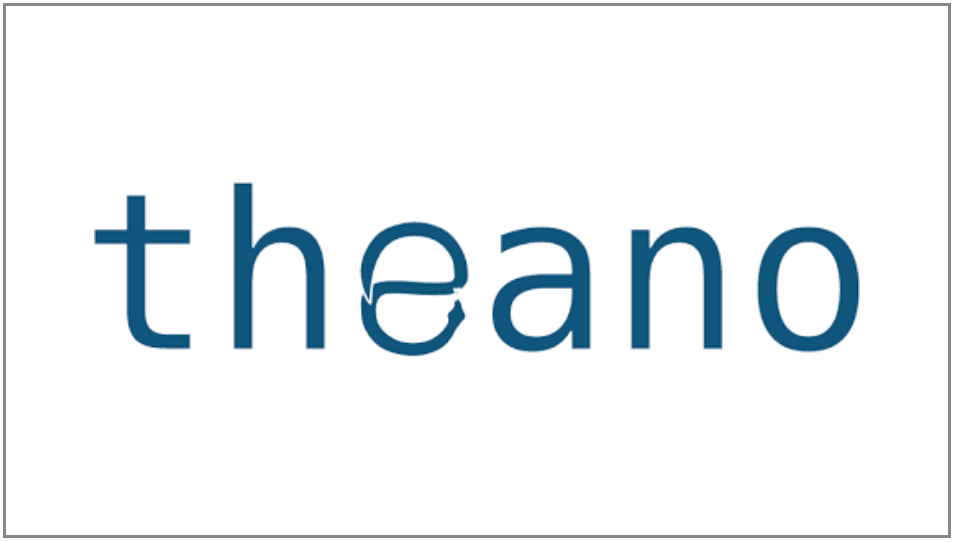
Machine Learning
The branch of computer science in which such algorithms are designed that can learn is known as machine learning.
The experience learned from the tasks will improve overall learning to such an extent that it will become automatic and humans will not have to interfere or control the tasks.
Basic tasks in Machine learning are:
- concept learning
- function learning
- predictive modeling
- clustering
- finding predictive patterns
Python Machine Learning
Neural networks and machine learning has been one of the hottest tech topics in tech in the past few years or so. Voice recognition, image recognition, music composition and a lot more make machine learning a fascinating subject. Here is a list of some of the best Python machine learning libraries.
1. TensorFlow

TensorFlow is a high-level neural network library.
It helps you to program your network architectures while avoiding the low-level details. It allows you to express your computation as a data flow graph. It is written in C++. It includes Python bindings.
It has a flexible architecture.
2. Scikit-learn

Scikit-learn library is one of the popular ML libraries out there.
It has several features for data mining and data analysis.
This makes it an excellent choice for researchers and developers.
3. Theano

Theano is a machine learning library. Theano gives you the ability to define, then further optimize, and evaluate mathematical expressions that involve multi-dimensional arrays. This can be a point of frustration for some developers who use other libraries.
4. Pylearn2
Pylearn2 has a pretty solid base.
Pylearn2 provides great flexibility.
It makes it possible for a researcher to do anything.
5. Pyevolve

Pyevolveis a machine learning library that provides the developer with an amazing framework for building and executing genetic algorithm.
6. NuPIC
NuPIC provides quite a different functionality than the normal and standard ML algorithms.
It is based on a theory of the neocortex which is called the Hierarchical Temporal Memory.
7. Pattern

The pattern provides not only some ML algorithms, but it also provides you with tools to help you collect and analyze data.
8. Caffe
Caffe is a library for machine learning in vision applications.
It is used to create deep neural networks that recognize a visual style.
9. Pandas

Pandas is perfect for data wrangling.
Panda is designed for data manipulation and visualization.
10. Matplotlib

Matplotlib is a python library that is used for powerful visualizations.
Conclusion
The Python libraries for machine learning have been discussed above.
According to your needs, you can choose the one that suits you.